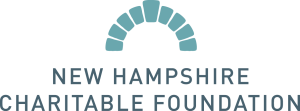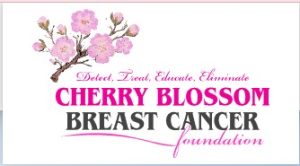Reel Healing – Bonnie Walchuk
We’re wading into July with our Reel Healing feature. Each month, CfR will highlight a health and wellness volunteer that serves one of our many programs including, psychosocial facilitators, medical facilitators, nutritionists and more. Meet Bonnie Walchuk, a Family Therapist, who has served many CfR retreats across the nation. Read more below about her role at a CfR retreat and how it provides “reel” healing for breast cancer survivors and thrivers.
Tell us a little about yourself and how you became involved with Casting for Recovery.
I am a Nationally Registered & Board Certified Art Therapist, Licensed Marriage & Family Therapist in WA state, and President and Founder of a 501(c)3 nonprofit, Dream Big Wellness. I have extensive training as a psychotherapist and art therapist in oncology and cancer care at University of Washington Medical Center and Swedish Cancer Institute in Seattle, WA.
After working in nonprofit mental health for over 13 years, I returned to graduate school in 2013 and completed my dual graduate degree at Antioch University Seattle in Couples & Family Therapy and Art Therapy. Since achieving my MA degree, I’ve gained over 150 hours of continuing education training, including certificates in: Grief Counseling, Gottman Level 2 Couples Therapy, and Stress Management and Resiliency Training (SMART) by the Benson-Henry Institute for Mind Body Medicine at Massachusetts General Hospital. I have enjoyed leading numerous presentations and workshops on Medical and Oncology Art Therapy for graduate programs and community organizations. I have also conducted research on Art Therapy Supporting Small Communities’ Post-Natural Disaster and supervised the research of clinical interns on the topic of Telehealth Art Therapy Groups in Oncology Care.
Growing up on a ranch in Montana taught me about working hard and living with integrity, heart, and grit. It also taught me about nature-based healing. I’ve been fortunate to live my life surrounded by nature throughout Montana, Alaska, Washington, New Zealand, and explored 15 countries. Integrating the healing components of nature/eco-therapy, art therapy, and psychotherapy with travel and community building – is an important part of who I am in my work. My approach to therapy is collaborative and integrative, individualizing facilitation and interventions to meet the needs of each person, or group, I work with.
As an enthusiast of nature, art, and therapy, I am forever grateful to a wonderful Montana friend who introduced me to Casting for Recovery. I was thrilled to discover an organization that embodies the perfect combination of everything that I love: ecotherapy, supporting people impacted by cancer, facilitating healing through nature, building community and connection, facilitating group experiences and retreats… and fishing! I am deeply honored to be at every CfR retreat I go to and be a part of their amazing teams.
As a psychologist who volunteers at CfR retreats, why do you believe the mental health component at the retreat is so beneficial and/or necessary?
It is common for people impacted by cancer to be navigating and coping with the difficult emotions associated with many of the following circumstances: pain, illness, grief and loss, physical changes and limitations, memory issues, changes in mood, changes in relationships, changes in their relationship with their body, increased stress, anxiety, fear, depression, managing medical care, financial concerns, and their health. The stressors of daily life often don’t stop with cancer. I witness these incredible women managing the daily stressors, tasks, family, and jobs in addition to the full-time job of cancer care. It is my privilege to support them, with a goal of bringing a sense of relief and ease into their lives.
Doing anything for the first time with a group of new people can be nerve racking. As a CfR Psychosocial Facilitator I aim to reduce stress, calm the nerves, and create an emotionally safe space for women to arrive at the retreat. The mental health component at CfR retreats provide opportunities for people to share their stories, ask question, gain helpful tools, resources, and find support.
What sort of mental health topics do you find participants ask most often about during the retreat?
In the CfR groups, we explore the mixed emotions and mental health impacts of cancer and invite compassion. We validate and normalize feelings and experiences, giving space for both grief and gratitude. Common mental health topics asked in group evolve around the mental health benefits of fly fishing, mindfulness and ecotherapy; and questions about intimacy, body image, loss, grief, changes in relationships, stress, managing medical care, responses from others about their cancer experience, dating after cancer, raising children, and fear of recurrence.
What are some of the most transformative things based around mental health that you have witnessed with retreat participants – as a group and/or individually?
Some of the most transformative mental health benefits I witness at CfR retreats come from community connection to others and the opportunity to come back to themselves during, or after cancer treatment. This occurs through the power of community, Ecotherapy and mindfulness-based practices that the environment and teams of CfR offer. Mindfulness is the practice of paying attention to the present moment on purpose. When fishing, participants are in the present moment. As a result, they get to experience the therapeutic benefits of reduced distress, pain, anxiety, depression, lowered blood pressure, increase in immune functioning, improved resiliency, relaxation, and a restored sense of clarity, control and hope.
As a clinician I hope to open the invitation to emotional and mental healing through therapeutic discussion and resources. On more than one occasion, participants have expressed they ‘didn’t feel’ their pain or symptoms of side effects while fishing. I’ve witnessed participants becoming so focused on their line, fly rod, footing and fishing – that the memories of the past, worries of the future, physical symptoms of the present – softly dissipate little by little with each cast. It is ecotherapy magic at its best.
On the whole, why do you refer some of your patients/clients to CfR retreats? Why do you think the retreats are beneficial to women who have experienced breast cancer?
I refer people to CfR because it is a nature-based healing space where women who have experienced breast cancer can disconnect from the hurry of life, come back to themselves, and to connect to each other. It is a space where they feel seen, heard, and empowered. I observe each group coming together with a common thread, and by the end of every retreat I attend, an entire blanket of shared experiences woven.
It’s a space of silent understanding, where people feel less alone in their experience by just being there. It’s a space where women can finally breathe a deep sigh of relief from having the chance to share their story without judgment or critique. It is a place where women impacted by breast cancer learn new skills, build confidence, and try something they may never have imagined they would do. CfR is a place where women impacted by breast cancer can be fully supported by an exceptional team — supported by the mountains and rivers; grounded by the touch of their fly rod and line; restored by the sounds of silence, trees, water, birds, a soft breeze — and the loud cheers of an excited group of women when everyone hears ‘fish on!’







